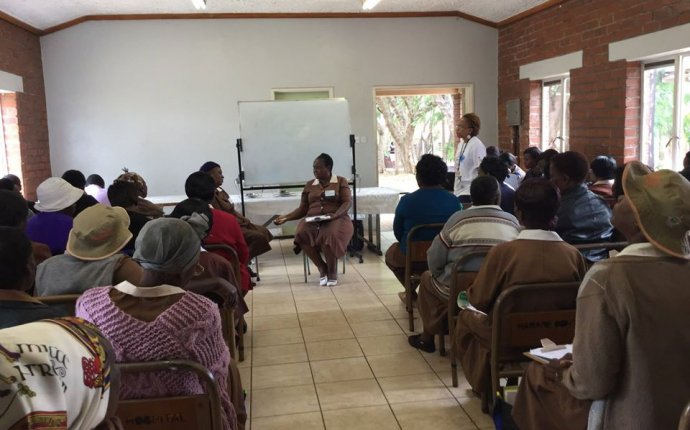
types of mental conditions
People can experience different types of mental health problems. These problems can affect your thinking, mood, and behavior.
People with anxiety disorders respond to certain objects or situations with fear and dread. Anxiety disorders can include obsessive-compulsive disorder, panic disorders, and phobias.
Behavioral disorders involve a pattern of disruptive behaviors in children that last for at least 6 months and cause problems in school, at home and in social situations. Examples of behavioral disorders include Attention Deficit Hyperactive Disorder (ADHD), Conduct Disorder, and Oppositional-Defiant Disorder (ODD).
Eating disorders involve extreme emotions, attitudes, and behaviors involving weight and food. Eating disorders can include anorexia, bulimia, and binge eating.
Mental health problems and substance abuse disorders sometimes occur together.
Mood disorders involve persistent feelings of sadness or periods of feeling overly happy, or fluctuating between extreme happiness and extreme sadness. Mood disorders can include depression, bipolar disorder, Seasonal Affective Disorder (SAD), and self-harm.
If you have OCD, you have repeated, upsetting thoughts called obsessions. You do the same thing over and over again to try to make the thoughts go away. Those repeated actions are called compulsions.
People with personality disorders have extreme and inflexible personality traits that are distressing to the person and may cause problems in work, school, or social relationships. Personality disorders can include antisocial personality disorder and borderline personality disorder.
People with psychotic disorders experience a range of symptoms, including hallucinations and delusions. An example of a psychotic disorder is schizophrenia.
Suicide causes immeasurable pain, suffering, and loss to individuals, families, and communities nationwide.
Post-traumatic stress disorder (PTSD) can occur after living through or seeing a traumatic event, such as war, a hurricane, rape, physical abuse or a bad accident. PTSD makes you feel stressed and afraid after the danger is over.









